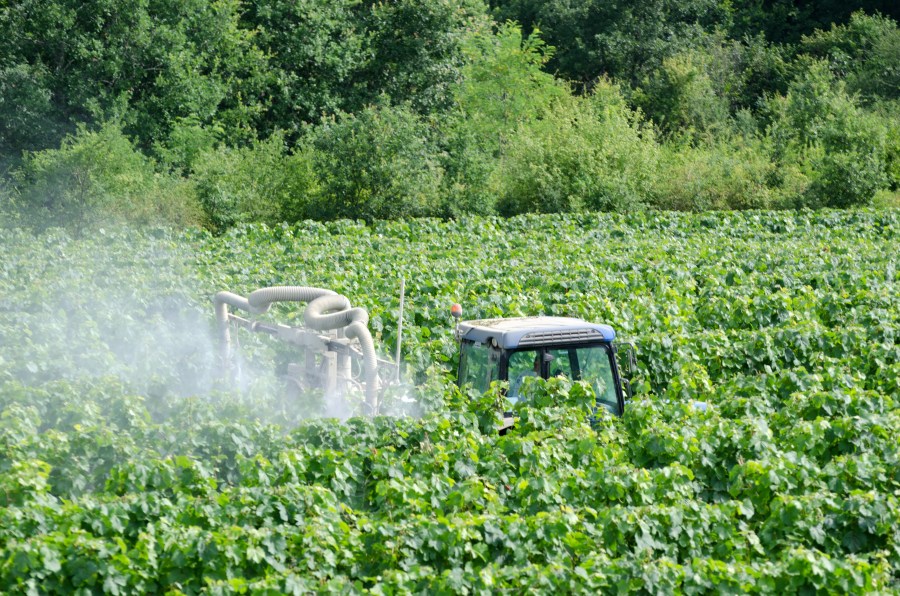At Agrii we often find ourselves saying to people we are more than a distributor. This is especially true for the fruit sectors because the challenges of dealing with a high value crop that’s also a minority one are so much greater, causing frustration and enjoyment in equal measure.
A large proportion of products that are used in vineyards are under EAMU (Extension of Authorisation for Minor Use), this allows us to relatively easily get an authorisation for use and is an area where we often find ourselves working in partnership with growers, manufacturers and AHDB. Each application costs circa £1,700, can require a data submission and will take about 12 months. For crops with a small area this can be off-putting as budgets have to be prioritised. The final frustration here is that an EAMU is connected to a MAPP number, not the product. So, when a product is routinely re-registered all the EAMUs are lost. In 2018, the Agrii Fruit team had 11 fewer products to recommend due to re-registrations or commercial withdrawals. However it’s not all bad; while grapes might be a minor product in the UK, they certainly are not in France and Italy. You may roll your eyes at that rather obvious statement but it is significant, it means there are plenty of products in development or being defended for grapes globally.
Another major challenge the whole industry is facing is forecasting. All manufacturers need accurate forecasts for each month and we are doing this many months before the season has started. Indeed, some manufacturers will be sourcing ingredients 20 months ahead of use. So, if the UK needs big increases to fulfil a particular need at the last minute we are generally relying on other countries reducing their required offtake because the manufacturer hasn’t got the ingredients or the plant capacity. Insecticides are notoriously hard to forecast with demand either being very high or low.
Most (but not all) of the major manufacturers are looking at the grape sector as an opportunity. It’s also worth noting that over the last year there have been more changes in manufacturing than over the last ten – most significantly with Dow coming together with DuPont, but also Adama & ChemChina – resulting in divestment of products to other manufacturers. It will take them time to get to grips with their new portfolios and the opportunities they bring, especially for the minor crops.
Then there is the final question on everyone’s lips: Brexit. How will this affect registration of products and even product movement? Already in June this year it negatively impacted a major manufacturer who had to delay the launch of a major new fungicide by at least 12 months. Manufacturers are noticing that the UK is becoming less influential centrally while at the same time the HSE or CRD are still very important in getting product registered across Europe. In reality, none of us knows what is going to happen but optimistic theories about the UK being freed from the shackles of Europe meaning we can do what we want are exaggerated. Manufacturers will still have to go through an extensive process proving efficacy and safety, while at the same time political influence on decisions could be greater not less, as there will not be the balancing forces of other countries.
In reality a lot of what we do is looking at the solutions for larger crops and seeing if they have benefits to smaller crops. This is an ongoing process, and often involves making manufacturers aware of the opportunities. We are even looking at our Contour satellite technology at the Agrii Fruit iFarm to see if that provides benefits in the fruit sector. So while headlines might be focussed on what is being lost we are working hard in the background at improved solutions to replace the old.




